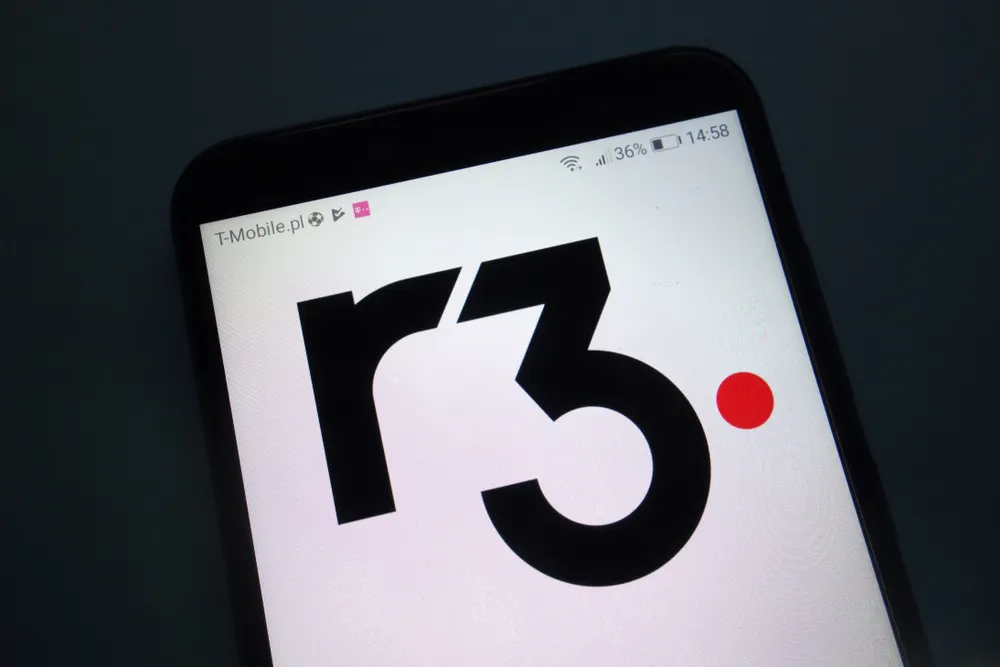In brief
- The Bank of England’s chief cashier has commented on digital currencies.
- Central banks are still undecided on whether blockchain is the answer.
- R3 co-founderTodd McDonald thinks public-private partnerships are necessary to get the ball rolling.
The Bank of England’s chief cashier has urged central banks to corner the digital currency market before large private technology companies—such as Facebook and JP Morgan—get there first.
It is “really important” for central banks to get their minds made up about digital currencies, Sarah Johns told The Telegraph, adding, “It is absolutely right that central banks think about whether a public sector or private sector would be best to provide a digital currency going forward.”
But governments, for all their might, often lack the technical expertise of private companies dedicated to blockchain.

Todd McDonald, co-founder of R3, a blockchain company that’s worked with the British government in the past, thinks that governments must work with private companies to find success in digital currencies. “When it comes to fiat, and how central banks money and commercial bank money work together, it really is a public-private partnership,” he told Decrypt.
The controversial Facebook-led Libra (kinda) stablecoin project has “injected urgency within the central bank community,” said McDonald. But its “challenges,” said McDonald—most likely referring to the walk-out from several of its highest-profile members, including PayPal, eBay, and Visa following kickback from regulators—can be tied back to “it not really being focused enough on that public-private partnership model.”
The blockchain question
There’s another question that central banks need to answer: Do they use blockchain?
So far, governments are undecided. China’s DC/EP, its digital currency that’s set to launch sometime in the near future, isn’t really a blockchain-based currency at all. In contrast, Cambodia is trialing a blockchain-based one.
McDonald said he’s been working with central banks on the issue since 2016. A few years ago, the company built a prototype for a blockchain-based interbank settlement system for the Bank of Canada, and it develops the Corda blockchain, which has been for a prototype for the Bank of Sweden’s e-krona.
But central bankers from Canada, the Netherlands, Ukraine, and Finland have all said that blockchain isn’t necessary for digital currencies. And companies, like WeChat, Alipay, and PayPal have been leading digital payments for years, so far without blockchain.
Still, following the Bank of England staffer’s comments to The Telegraph, McDonald could have found his way in. Though R3’s headquartered in New York, the company has run a London office ever since it was founded in 2014. In London, it’s established relationships within the public sector through its project with the HM Land Registry.
Here’s his pitch to central banks: “If you're thinking about something that is akin to digital cash, I would argue that a distributed system would be the way to go,” he said, particularly relevant to central banks “issuing some subset of [their] monetary base as digital cash.” For retail and wholesale, programmable money would help with real-time payment settlements, he said.
And to detractors who believe that blockchain is slow, hard to govern, and expensive, like Aleksi Grym, who’s responsible for the Bank of Finland’s digitization, McDonald says: “There are clear examples of the application of blockchain technology where you can have higher throughput; lower latency; [and] where you can have different government governance models and you can have strong identity of those participating in the network.”
But will the Bank of England bite?

